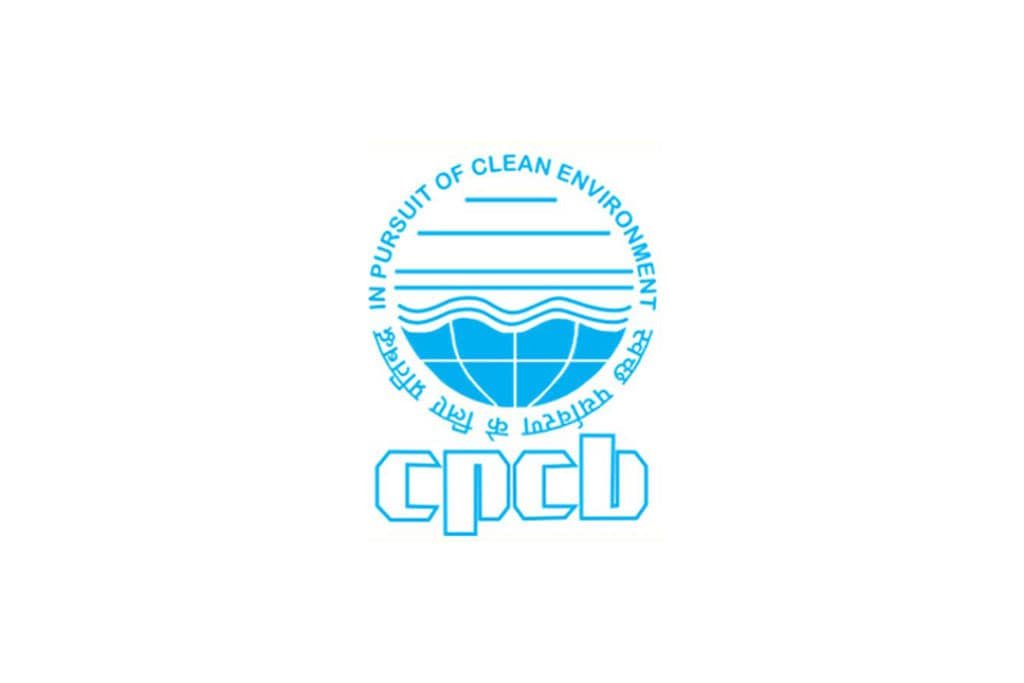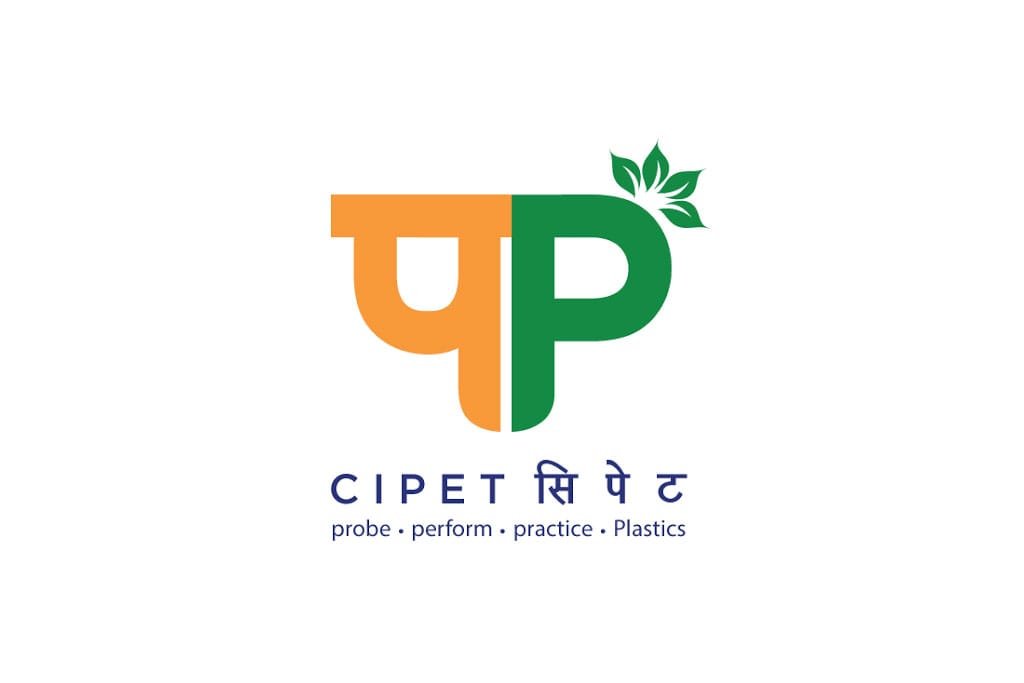Biodegradable plastics : The next generation of Plastics
Plastic has been one the most talked about and worrisome problems globally since many, many years. It has an all-pervasive quality that is due to the low-cost effectiveness it provides. Because of its robust and durable nature, it has become the most popular element for carrier bags, may it be groceries, toys or books. As well as it has seeped into our psyche through food storage boxes and medical equipment and melded parts in machines too. Biodegradable plastics are much more different than regular plastic.
The endurance of plastic makes it viable because it is value for money due to the longevity it has. But, this same factor poses a bigger threat to our planet. As it is a known fact by now, that plastic is non-biodegradable. By that it literally means that it will take thousands of years before it will even start breaking down into smaller pieces of plastic. The microplastics are a global menace and human civilization is at the brink of extinction if this continues at the rapid pace that it did earlier. Not to forget all the living organisms and the planet itself will buckle with the weight of doom – plastic.
Plastic has the tendency to exist in one form or another as they are synthetic. There is an urgent need for the world to understand the enormity of the situation and make a sustainable and biodegradable alternative plastic; as there is almost 8.3 billion tons of plastic in the world already.
There is an urgent need for a change. This brings us to the next chapter in plastic technology; hereby changing rapidly to compostable and non-woven fabrics with a minimal amount of polypropylene or starch to plastic made of organic compounds which make it viable environmentally.
Although these Biodegradable plastics do not check all the boxes for biodegradable waste management, they work well for the Healthcare & HORECA system as they offer the same benefits as plastic* . Also, Biodegradable plastics are the normally suitable alternative to plastic and are made from renewable resources, they are being widely acclaimed as the next big thing by the pedantics of the plastic industry.
Could this be the answer to all the problems? The overuse of non-degradable plastic has been the quandary but over time, these compostable plastic products that are biodegradable seem to be the solution.
Firstly, owing to the recent times that Covid-19 brought upon the world, every item that can be made disposable in the healthcare industry, is being made so. The medical fraternity has had to bear the brunt of the pandemic as the risk of infection was running high during the time. As a result, Biodegradable plastics that were already in the foray, jumped a line further during these trying times.
What is bio compostable? There are certain standards that determine the distinctive difference between Biodegradable plastics and petrochemical plastic. Simply put, compostable means running it through an organic recovery cycle and making it recyclable. There has been a long discovery that biodegradable and compostable plastic can be turned into bio fertiliser or compost and biogas which is used for plant growth. The process that converts Biodegradable plastics into compost at the bio refineries is called the green chemistry process.
There are a few prerequisites that need to be followed like:
Fragmentation – This is mainly disintegration of the variety of the material that is to be tested. This is measured by time and the process takes upto three months. After this, the residual mass of the test material should be about 10% only.
Capability – This is to check the biodegradable levels that should become CO2 supported by microorganism activity. The outset that is imperative here is that the biodegradation should be achieved in maximum six months, no more.
Negative effects – There has to be no negative effect absolutely as per the guidelines authorised by the governing bodies.
Heavy metals – The agronomic value has to be considered here and it has to remain static at all given times. And there cannot be any ecotoxicological reaction on plant growth. There is a chart of maximum heavy metals values given that can be present and the levels have to be below that.
The lesser known fact that is impacting the medical industry is that now most corporate hospitals are all about the change and are using compostable and disposable healthcare products only. Which is a turning point because it is a revolution of sorts, and it is bringing about a major disruption in the 4 trillion dollar industry of plastics and petrochemicals. The non-woven fabric and compostable plastic medical disposable products are taking over because of its sustainability factor and eliminating the single-use plastic has become easier everywhere. It is a win-win situation for the people and the planet. The innovative products are tackling the world’s biggest crisis – Plastic pollution.
In conclusion, megatrends concerning the environment that are driven by society, health, and energy are significant in the product and process innovation that is happening currently in the chemical industry. The inventive and ingenious biodegradable healthcare management products can compete with manufactured plastic products on both performance and price and are completely biodegradable and 100% sustainable.
History has proven time and again that evolution in such matters is very rapid; hence the growth in this area of the medical industry won’t lag behind, it already has gained momentum. The innate nature of all economies relies on the biggest manufacturing giants and as the petrochemical industries making plastic go green, so will the world. It is happening already.
Click here to know about products made from this biodegradable plastic!
Click here to know more about this biodegradable plastic material.


